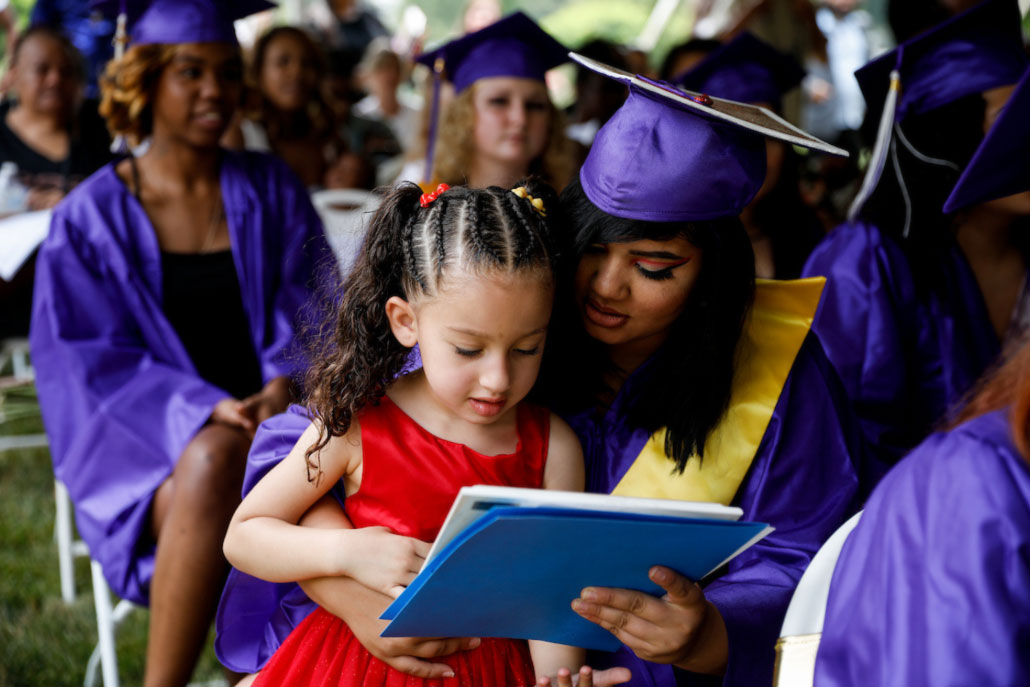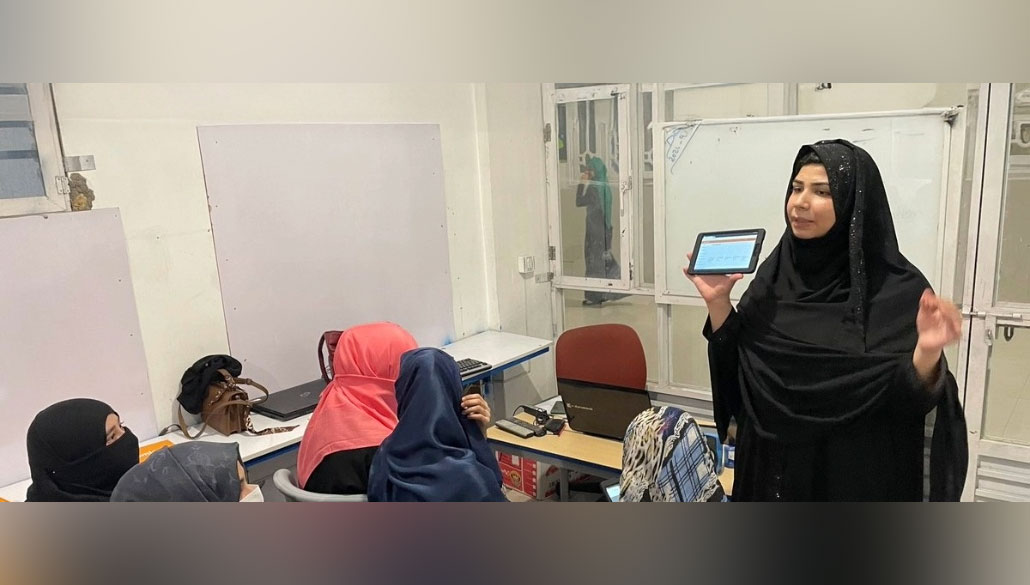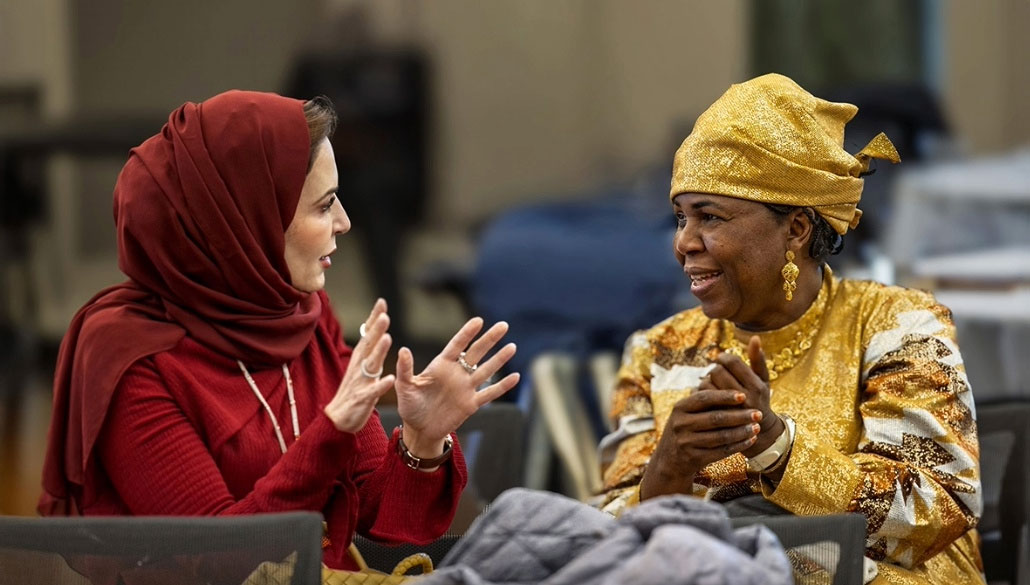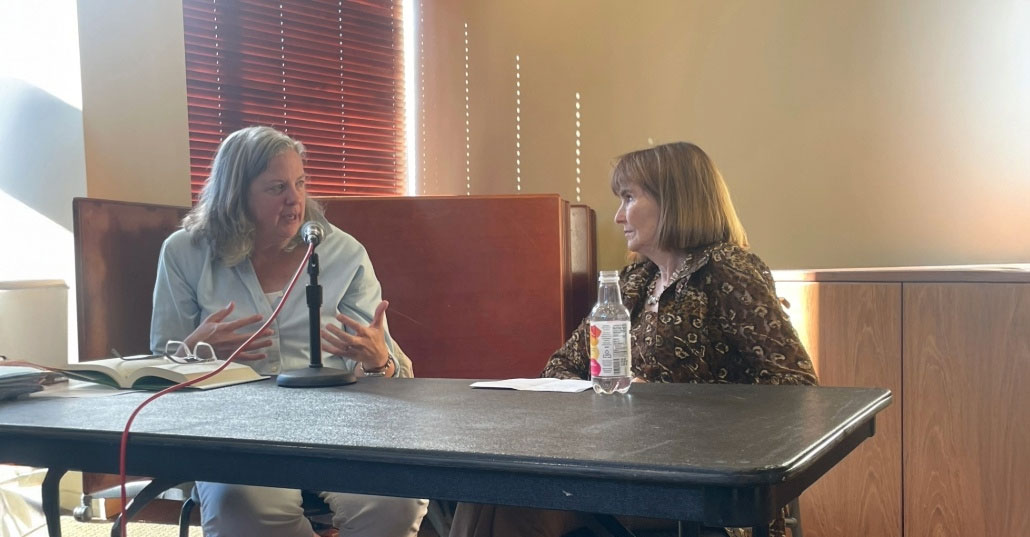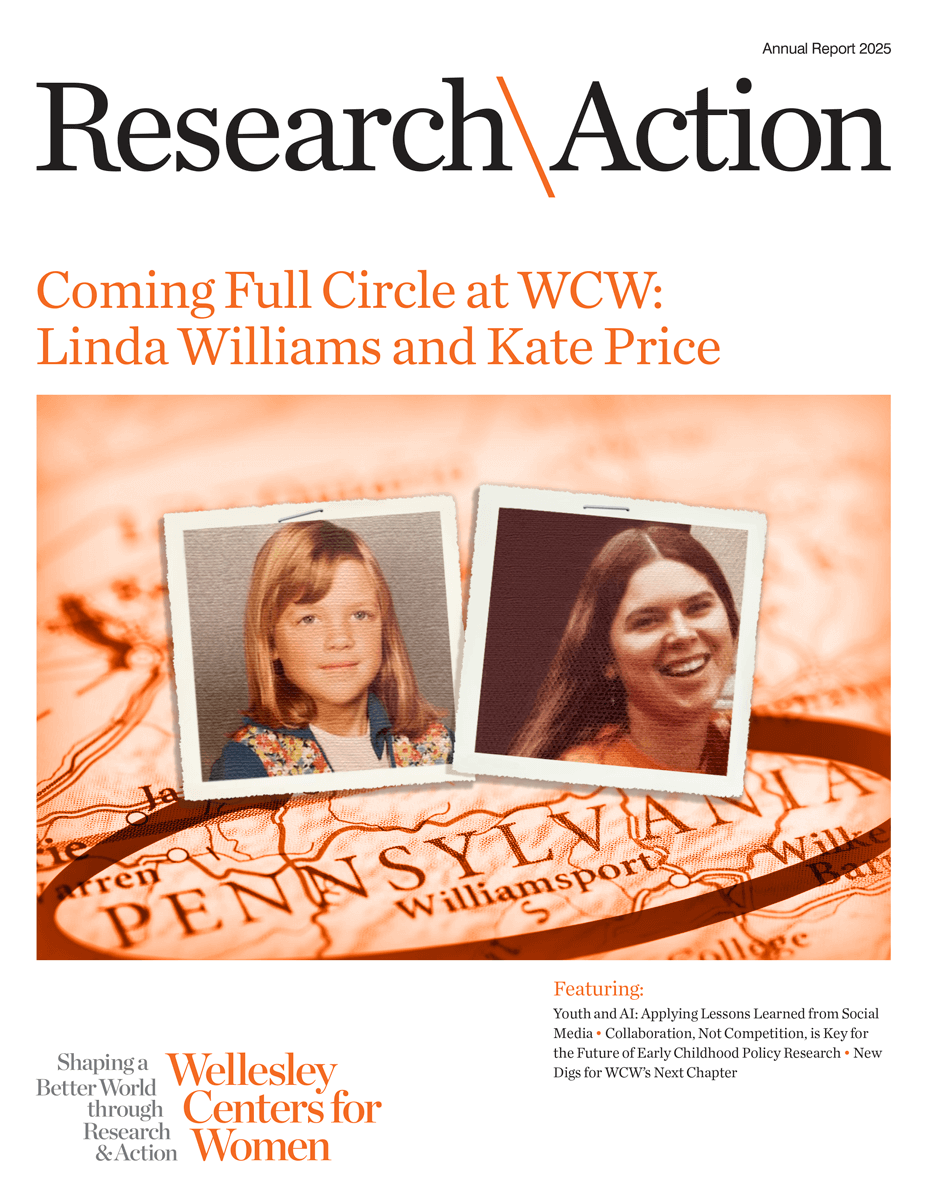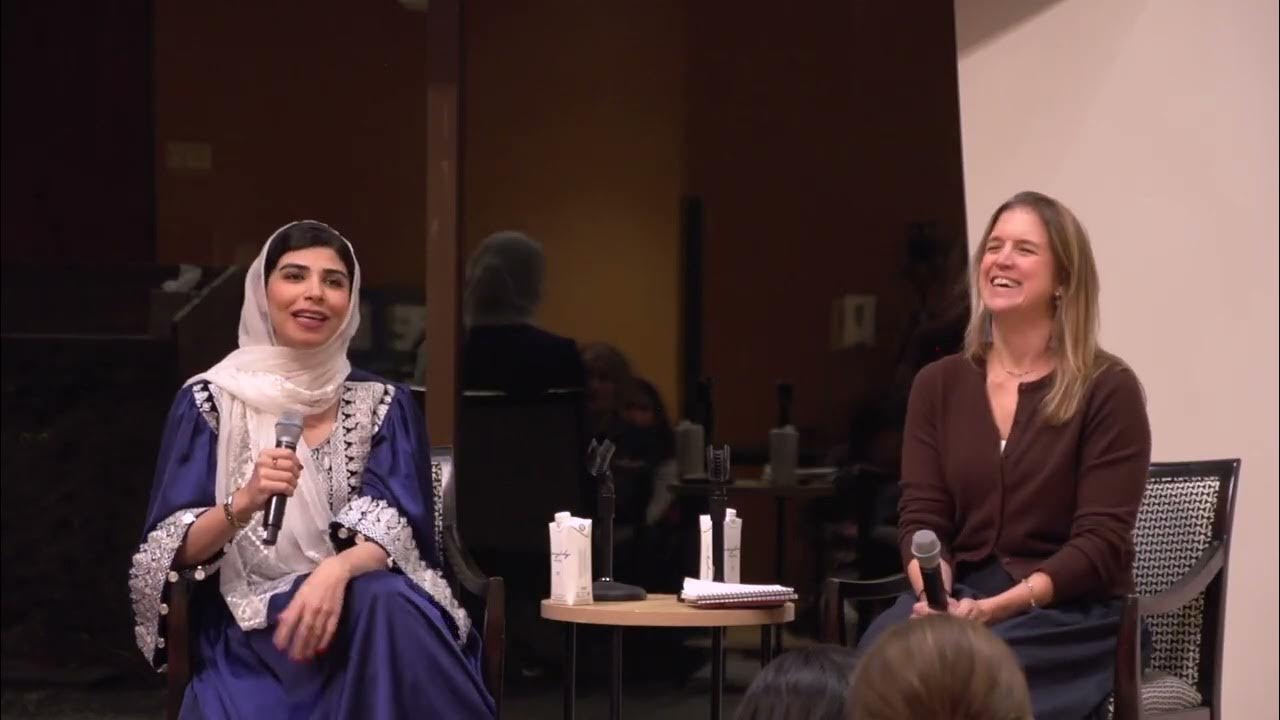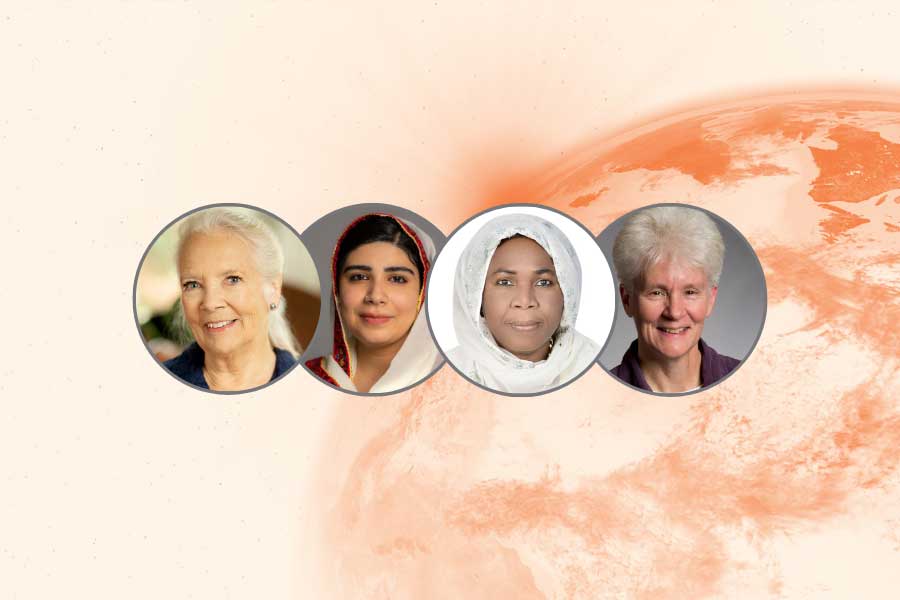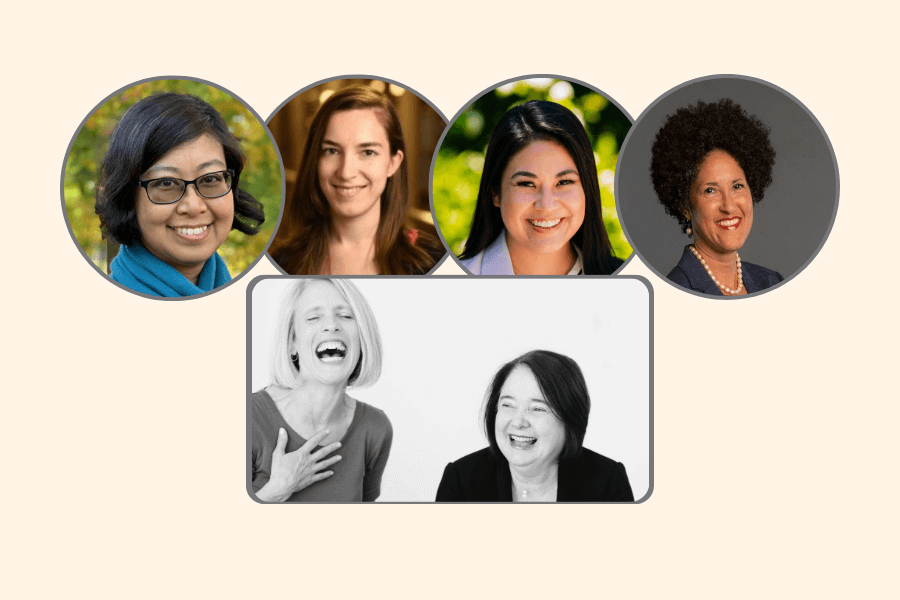Relational/cultural theory, a well-known model of women's psychological development, provides a useful theoretical model for furthering our understanding of the social relations of women and men in mid-to-late life. This paper suggests areas in which this theory can inform more mainstream gerontological research. In particular, it highlights two of the theory's contributions: the differentiation between relational beliefs, relational skill, and relational practice; and the suggestion that it may not be relationships, per se, that are influential in successful aging, but relationships which display specific 'growth fostering' characteristics. These contributions pave the way for a more integrated model of later-life social relations and for a more in-depth look at component pieces of such a model.

